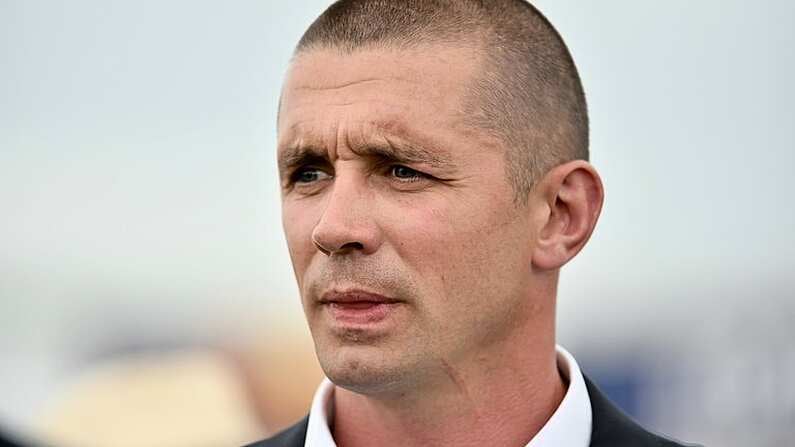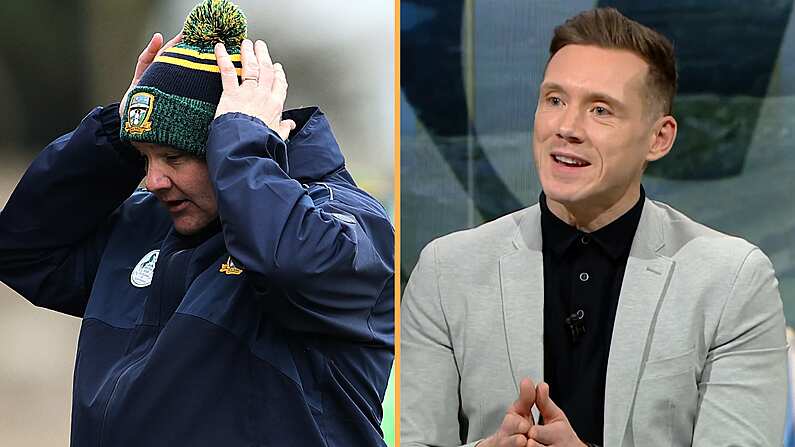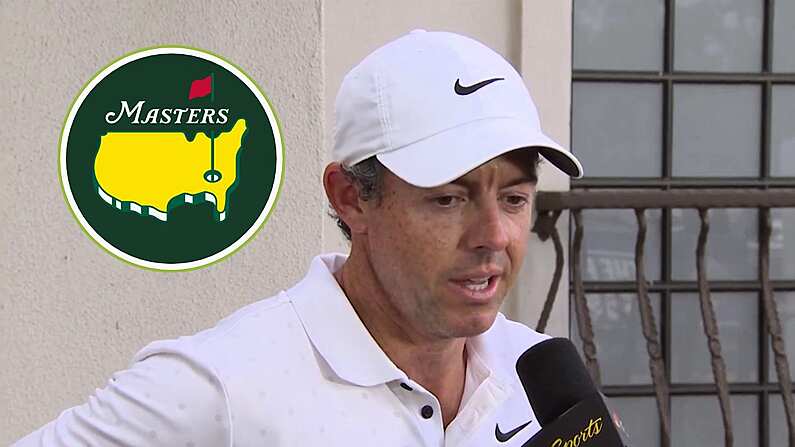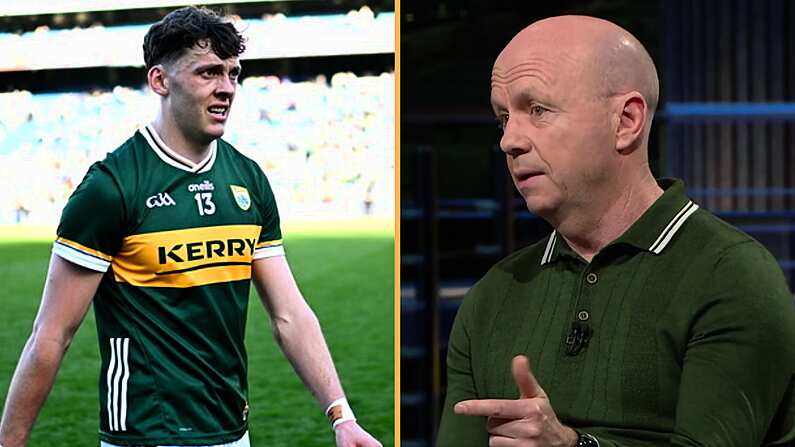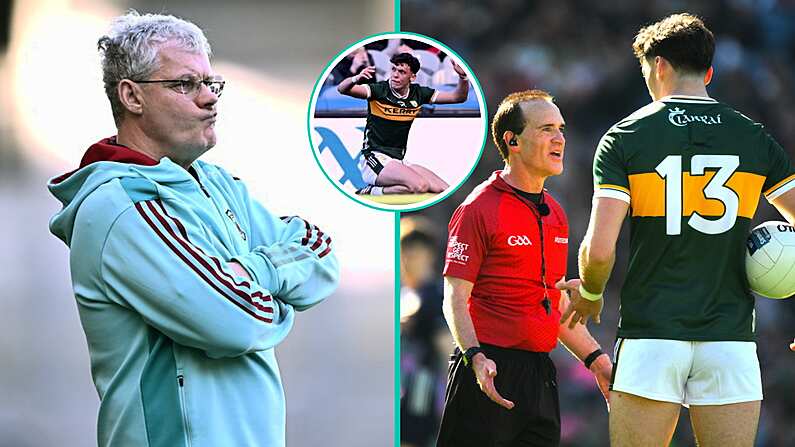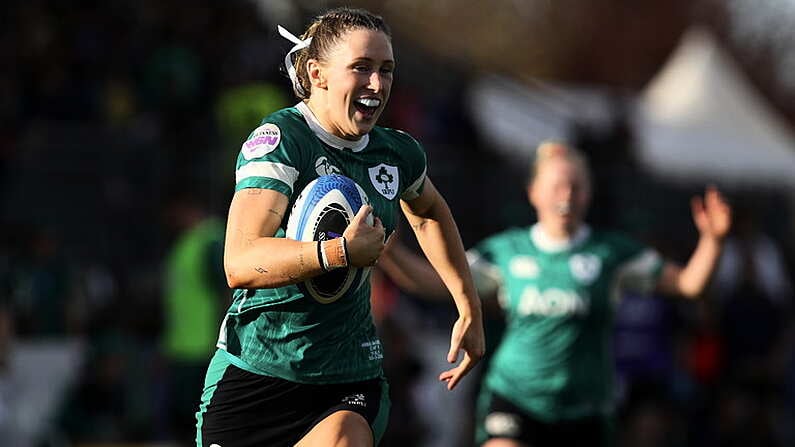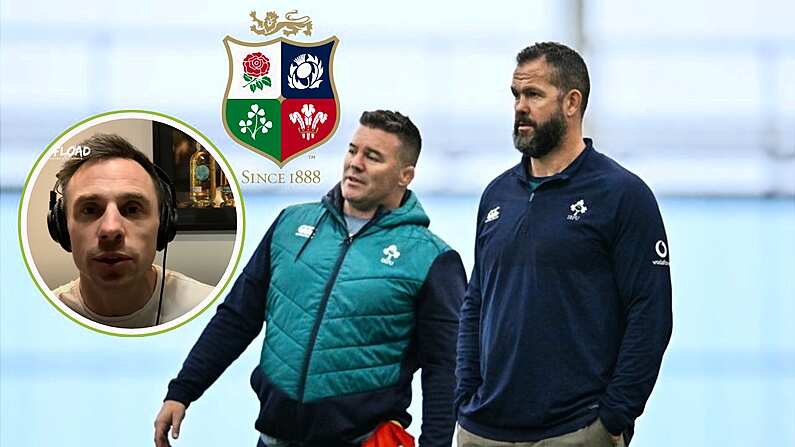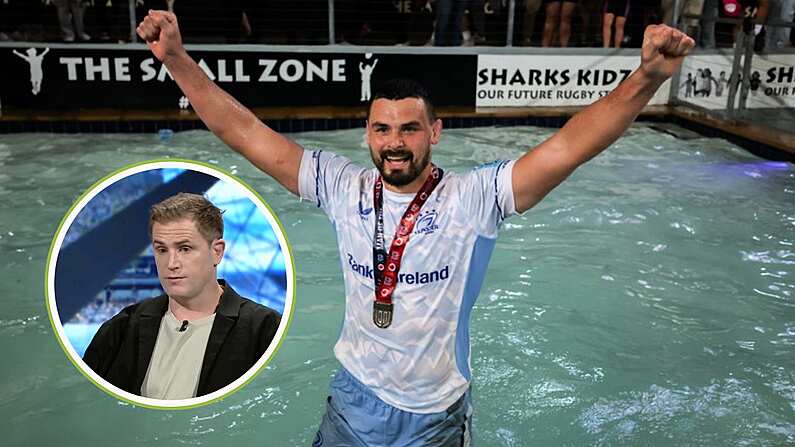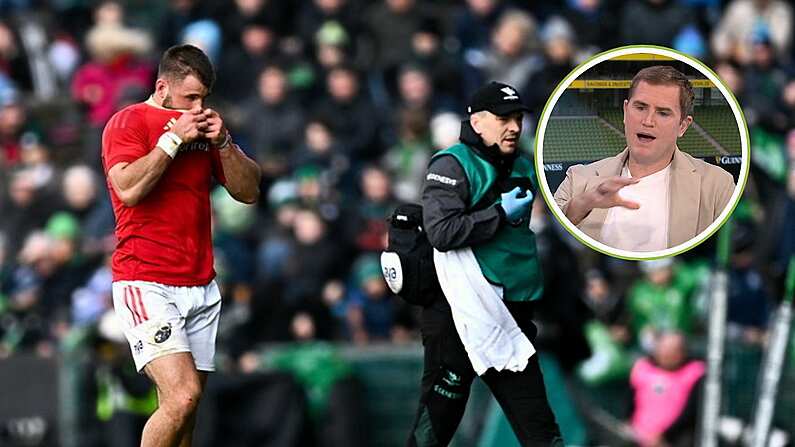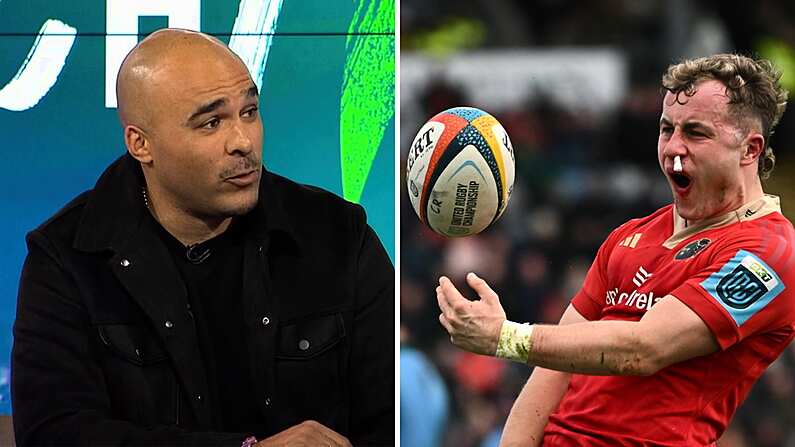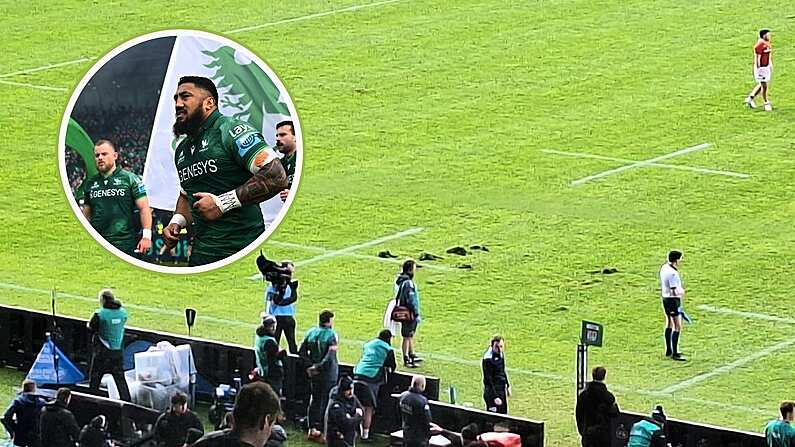In April 2011, Alan Quinlan officially announced his retirement from professional rugby. After a successful career with Munster and Ireland, Quinlan called it a day. A year prior to retiring, he released his autobiography 'Quinlan: Red Blooded' where he revealed the challenges he dealt with during his career.
Since retiring Quinlan has played a starring role in mental health awareness and breaking down the barriers surrounding problems with depression in Ireland. Writing in the Irish Independent today, Quinlan highlighted the mental health crisis as something that needs to be dealt with in 2018 "across the sporting spectrum" particularly as this time of year can be challenging.
It also triggers difficult memories for myself, as it was eight years ago that I had fallen to a very low ebb. It was the first time the term 'mental health' really struck a chord with me.
I've talked many times before about how tough I found missing out on the Lions tour in 2009 through suspension. It took me an incredibly long time to get over and I had to ride out some really difficult moments before getting myself back on track.
He praised the openness of Jack McGrath, Hannah Tyrrell and Andrew Trimble as well as Galway hurling coach Noel Larkin in speaking about mental health this year. Quinlan also addressed the tragic passing of former teammate Conrad O'Sullivan and former Australia lock Dan Vickerman.
I met Dan Vickerman on a few occasions and he was an incredibly warm man. This was a guy who played 63 times for the Wallabies and in his retirement worked with the Rugby Union Players Association helping professionals make the transition into the non-rugby-playing world. To hear that he had taken his own life at 37 years of age, a man so focused on player welfare, was nothing short of heart-breaking.
Throughout 2017, sporting figures have played leading roles in their openness when discussing mental health. Galway All-Ireland winning captain David Burke took advantage of his platform to encourage people to speak up while Dublin footballer and All Ireland winner Nicole Owens also spoke openly about her battle with depression.
Sport can be a tremendous tool to deal with life's difficulties. As Cora Staunton explained earlier this year, it can be a vehicle for coping and give you skills to deal with events outside of sport:
It’s so much more than a distraction; it is a way of life. It gives you so many skills and stuff that you’re not going to get if you don’t play sport.
Quinlan stressed the role sports authorities need to take in this for 2018 and the need to continue to progress this issue. Hopefully, the excellent work done by these leading role models will ensure the message gets to the right people.
If you are affected by any of these issues, there are many organisations capable of providing assistance.
Samaritans
You read Quinlan's piece in full here.

